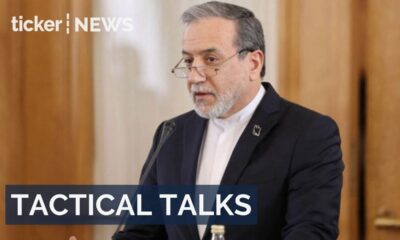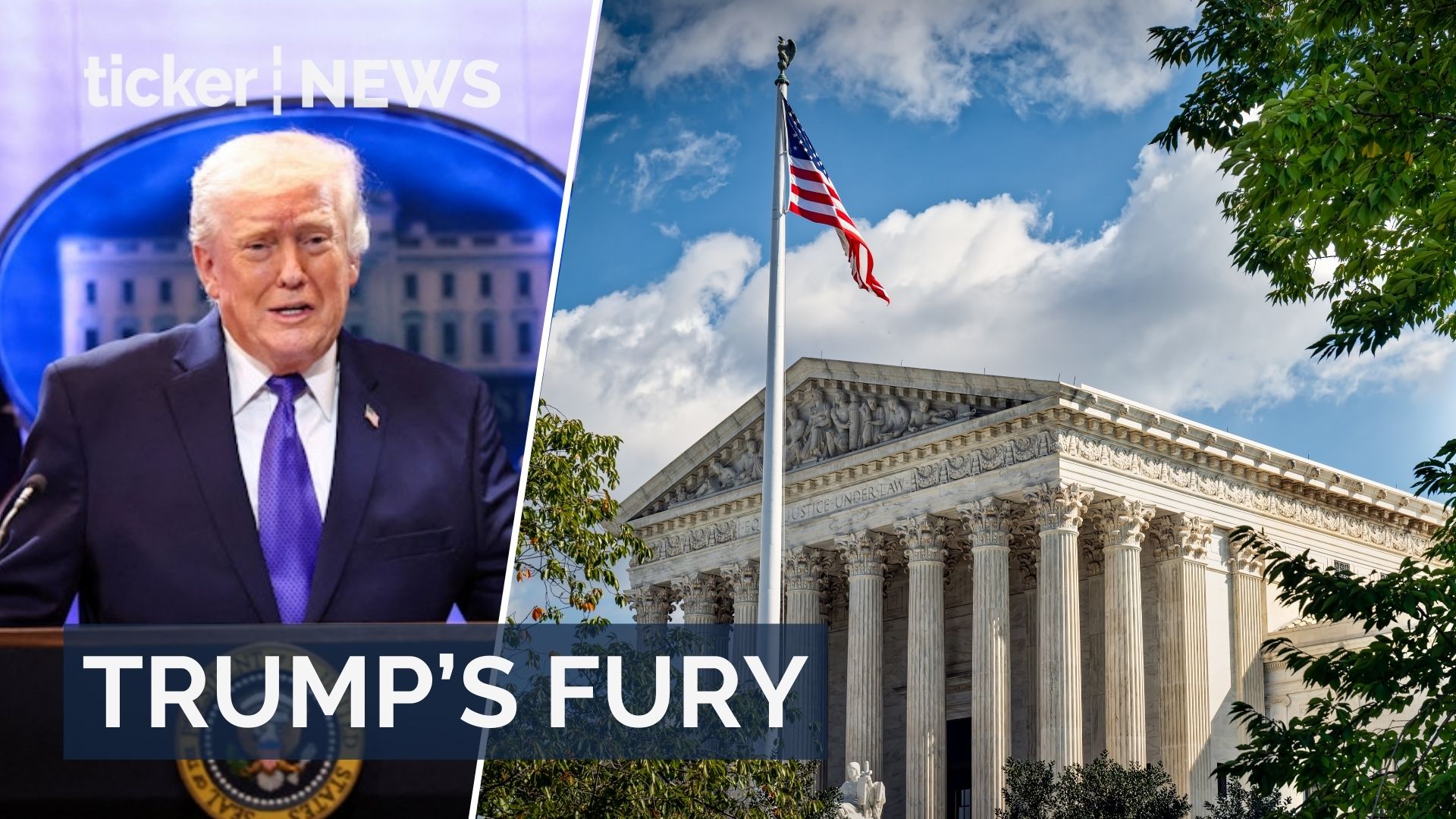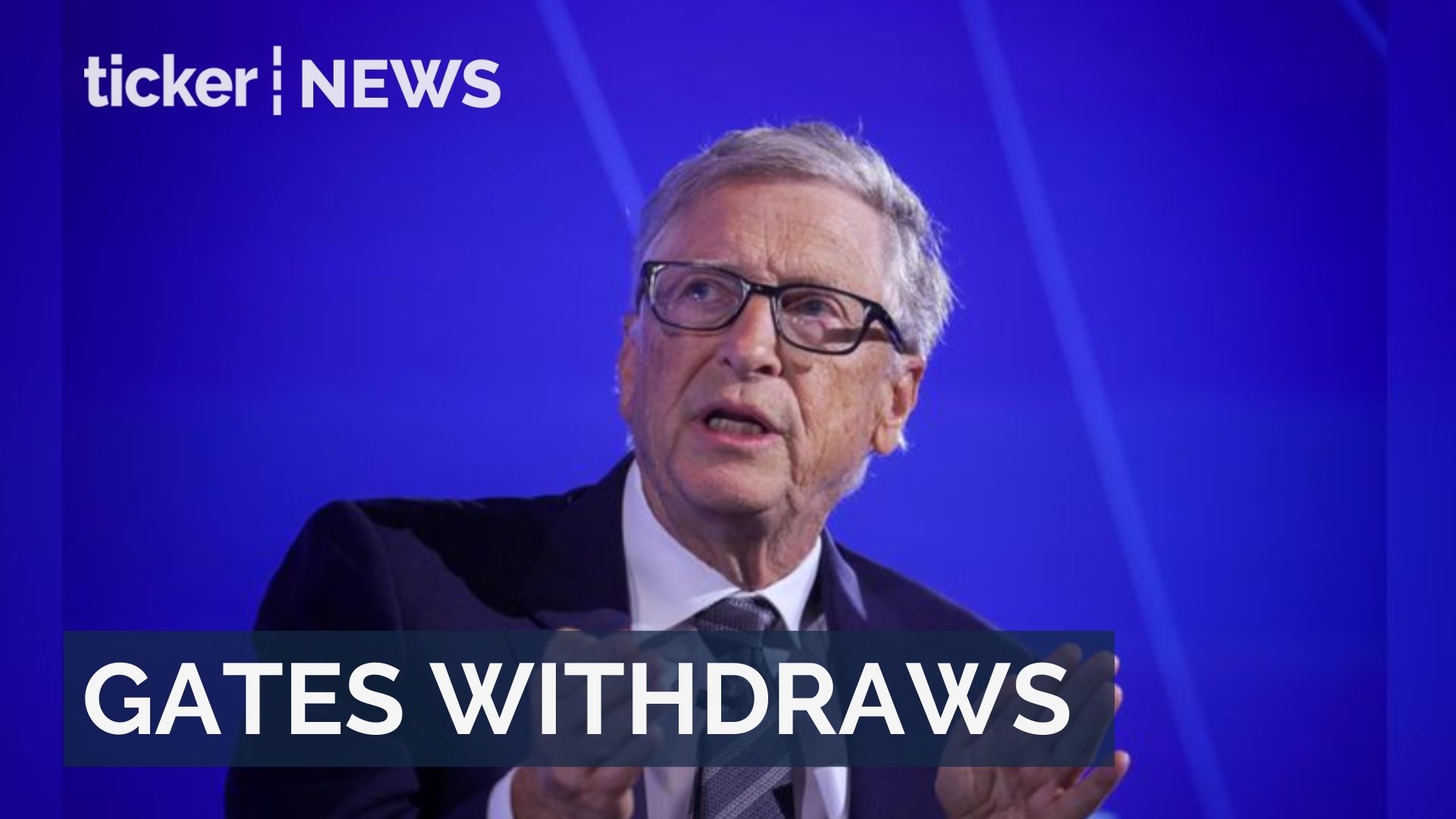News
RFK Jr. advances toward Health Secretary confirmation vote
RFK Jr. advances toward Health Secretary confirmation after Senate committee vote, despite vaccine safety concerns from Democrats.

News
UK police seek former aides’ insights on Prince Andrew
UK police contact ex-protection officers of Prince Andrew amid misconduct investigation linked to Jeffrey Epstein allegations
News
Supreme Court strikes down Trump’s tariffs, plans 10% global levy
Trump vows new 10% global tariff after Supreme Court rules against his previous tariffs, calling the decision ‘deeply disappointing’
News
Bill Gates withdraws from India AI Impact Summit before keynote
Bill Gates withdraws from India’s AI Impact Summit amid renewed scrutiny over past ties to Jeffrey Epstein.
-



 Tech3 days ago
Tech3 days agoSam Altman predicts superintelligence could appear by 2028
-



 News3 days ago
News3 days agoAndrew Mountbatten-Windsor released after 12-hour questioning
-



 News4 days ago
News4 days agoUkraine Russia peace talks stall with no breakthrough
-



 Tech4 days ago
Tech4 days agoZuckerberg testifies on social media addiction and child safety
-



 Money3 days ago
Money3 days agoOil hits seven-month high, and gold surpasses $5,000 amid US-Iran tensions
-



 Money5 days ago
Money5 days agoAustralian Dollar surges: What $0.70 means for markets
-



 Ticker Views5 days ago
Ticker Views5 days agoCan diplomacy survive the Iran-US nuclear standoff?
-



 News5 days ago
News5 days agoIran and U.S. reach preliminary nuclear agreement in Geneva








